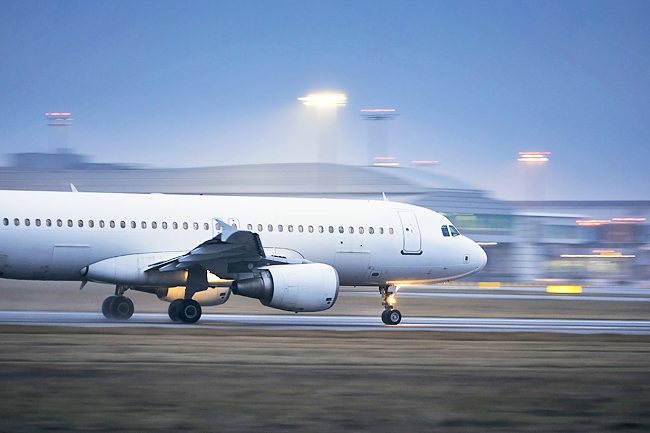ANN/THE JAKARTA POST – Indonesia’s Minister for State-Owned Enterprises (SOEs) Erick Thohir revealed intentions to merge the country’s three state-operated airlines to enhance services and reduce expenses.
Erick cited the success of four state-owned port operators, Pelindo 1, 2, 3, and 4 resulting in a 50 per cent reduction in overall costs.
However, experts have cast doubt on the effectiveness of the idea.
Next, the government would merge the state-owned airlines: national flag carrier Garuda Indonesia, its low-cost subsidiary Citilink and Pelita Air, the airline arm of state-owned oil giant Pertamina.
“SOEs need to keep bringing down costs. Pelindo has been merged from four companies into one. We are also pushing for Pelita Air, Citilink and Garuda Indonesia to do the same to bring down costs as well,” Erick said in a statement.
In 2021, Garuda Indonesia and Citilink together commanded a third of the domestic passenger aviation market, according to the Indonesia National Air Carriers Association (INACA).
Erick mentioned the plan during a discussion with members of the Indonesian diaspora in Tokyo, organised by state-owned lender Bank Negara Indonesia.

He added that Indonesia’s state-owned airlines had 550 airplanes, 200 short of the official target. Merging the airlines, he said, could help the country meet the target figure.
Citilink President Director Dewa Kadek Rai told The Jakarta Post that there was a plan to merge the three state-owned airlines and that a team at the SOEs Ministry was handling it.
He noted that the merger was expected to happen this year.
Garuda Indonesia Chief Executive Officer Irfan Setiaputra said in a statement that discussions regarding the merger were ongoing. He said the plan was still in its early phases and the airline was exploring its options.
Meanwhile, Corporate Secretary Agdya Yogandari of Pelita Air, told The Post that the airline supported the plan.
Analyst Haris Eko Faruddin at state-owned Bank Mandiri told The Post that differences in the standards of the three state-owned airlines would add to the complexity of the merger and that the process would take a long time.
Garuda, for instance, was a full-service airline, the highest of the three conventional airline segments, followed by Pelita Air as a mid-service airline and Citilink as a low-cost carrier, he said. Jakarta-based aviation consultant Gerry Soejatman concurred that the varying service standards would contribute to the difficulty of the merger and noted the importance of the choice of management.
“If we merge Citilink and Pelita Air to increase cost efficiency, it’s better to use Pelita Air’s management as a holding company because of its healthier finances,” Gerry told The Post.
“However, would Garuda Indonesia be willing to let its subsidiary Citilink go?” he added.
In June of last year, Garuda Indonesia acquired creditors’ approval to restructure IDR142 trillion, about USD9 billion, of liabilities. Garuda had previously been declared technically bankrupt by the SOEs Ministry for its inability to service its debt.
In June of this year, Garuda reported a net loss of USD76.5 million. Gerry said the merger could be a distraction for the state-owned airlines and that improving their financial performance should be the main focus right now.
The problem of the country’s lack of passenger airplanes could be solved if airlines regained lessors’ trust with good bottom lines, he added.


